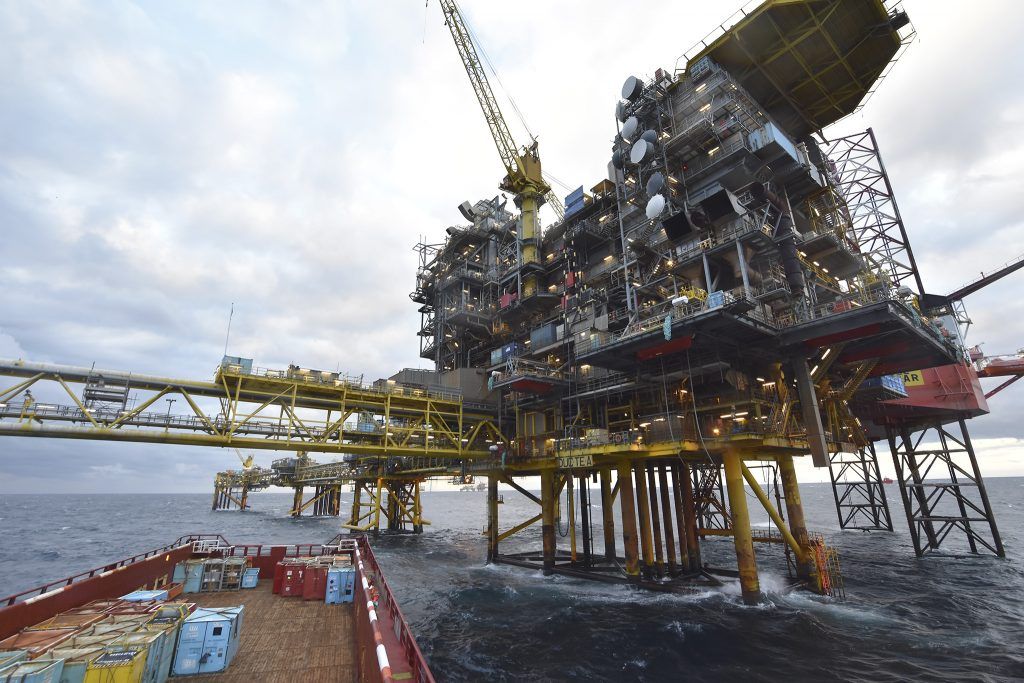The Danish oil and shipping giant Maersk has announced this morning that it has agreed to sell off its oil and gas assets to French oil company Total in a deal worth close to 50 billion kroner.
As part of the transaction will include Total shares, Maersk will end up owning 3.76 percent of the French company when the deal has been completed. Moreover, Total will assume debt totalling almost 16 billion kroner.
“In determining the best future ownership structure for Maersk Oil, it has been imperative for us that the capabilities and assets created in Maersk Oil continue to be developed, and that long-term investments are upheld, especially in the Danish part of the North Sea,” said Søren Skou, the CEO of Maersk.
“The valuation of Maersk Oil and Total’s commitment is a testament to the quality and standing of Maersk Oil. In addition, the agreement will strengthen the financial flexibility of AP Møller – Maersk and free up resources to focus our future growth on container shipping, ports and logistics.”
READ MORE: Maersk to split into two divisions
Total Danish hub
According to the Maersk press release, Total is planning to keep Maersk Oil’s current offices in Copenhagen and Esbjerg operational. Denmark will also function as a base of operations for Total’s activities in Denmark, Norway and the Netherlands.
Last year Maersk revealed it would approach a new strategy in the wake of plummeting oil prices and split into two divisions: Transport & Logistics and Energy.
The deal with Total is expected to be completed sometime in early 2018 – pending approval from the competition authority.
Maersk Oil began operations in 1962 when A P Møller-Maersk won the right to drill for oil in North Sea, and in 1975 the company was given the right to develop oil fields in Denmark. Today, Maersk Oil is active in a number of nations around the world, including the US, Iraq, Angola, Algeria and Kazakhstan.
















